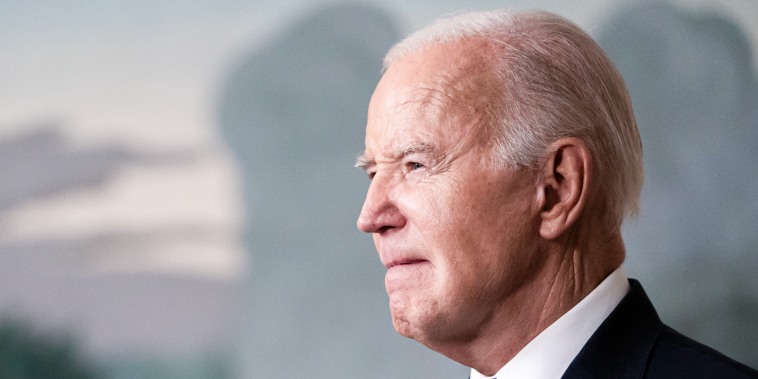The ongoing global trend towards consumer protection has now started provoking the ire of business groups, particularly as it pertains to attempts at putting a cap on credit card late fees. These controversial proposals have garnered a significant reaction from industry representatives, who levy a slew of arguments against such a cap, pertaining primarily to operational costs, risks management, and potential unintended consequences.
For starters, an important argument in favor of the status quo is that late fees are necessary to offset operational expenditures. Processing delayed payments requires additional resources, such as extended customer service hours, extra paperwork, and reconciliation efforts. There are costs associated with not only chasing down late payments but also dealing with the repercussions of reduced cash flow. From the perspective of a business, the enforcement of a cap on late fees would essentially mean a reduction in revenue without an accompanying reduction in costs.
Furthermore, late fees serve as a deterrent. They stimulate fiscal responsibility among credit card holders by discouraging procrastination and encouraging prompt payments. From the perspective of credit card companies, late fees are not merely a source of income but an essential risk management tool. By making late payments expensive, they disincentivize behavior that could lead to debt accumulation and default.
Business lobbying groups also fear the slippery slope effect that such legislation could trigger. If lawmakers were to decide on a cap for credit card fees, what’s to stop them from enacting further legislation affecting other fees and charges? This could lead to a stifling environment for business, where profit margins are continually squeezed due to regulatory interference.
Of particular concern to businesses is the potential for such changes to have unforeseen and unintended consequences. For instance, might a cap on late fees unwittingly encourage late payments, if the penalty becomes less severe? If so, this could negatively affect companies’ cash flows, leading to financial instability. Equally, it could impact the overall credit market as lenders may become more conservative in their issuance of credit cards, potentially disadvantaging consumers with lower credit scores.
Moreover, business groups argue that if such caps are in place, lenders may be forced to recoup the lost revenue elsewhere. Thereby, creating a possibility that the burden could be shifted onto consumers through increased interest rates or additional fees, ultimately defeating the purpose of providing relief to the consumer.
That being said, the voices clamoring for a cap on credit card late fees are not without merit. Credit card late fees can become a significant burden, especially for those struggling financially. However, the business community emphasizes the importance of understanding the broader implications before pursuing such a policy.
Arguing from an economic standpoint, business industry representatives propose alternative solutions that wouldn’t jeopardize the financial stability of lenders. They suggest that better consumer education around the consequences of late payments and more accessible options for debt management and guidance could serve as effective approaches, instead of a blanket cap.
Notwithstanding the merits of consumer protection, it is clear that the moves to cap credit card late fees are poised to spur ongoing debates between business, consumer advocacy groups, and regulators. By considering the issue from multiple perspectives, lawmakers may have an arduous task ahead of them to strike a balance that protects consumers while maintaining a healthy and enticing business environment.




